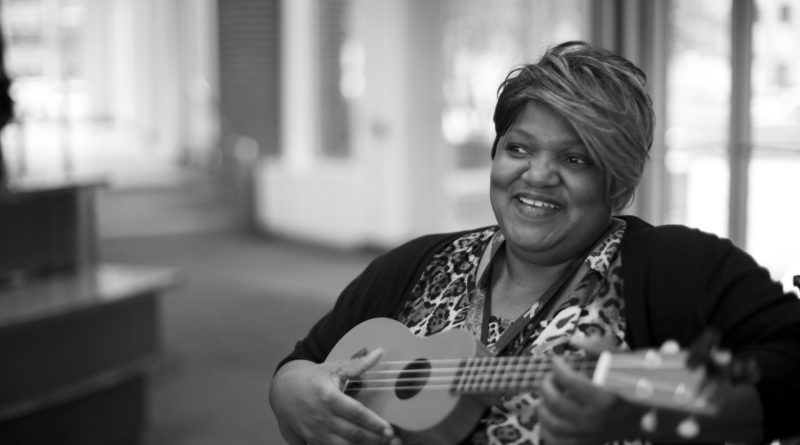Yes, I Have Depression But Don’t Feel Sorry For Me
By Kimberly Zapata
I was diagnosed with depression when I was 15 years old. Just 15 years old. And while I experienced a wave of emotions when I received my diagnosis — I was both calm and ashamed; thankful, distressed, and relieved — the most overwhelming feeling I felt was one of irritation and humiliation.
I was embarrassed beyond belief.
Why? Well, because I was teenager: a “strange” teenager. An already “awkward” teenager. And now I was an awkward teenager with an illness. A mental, “crazy in the head” kind of disorder.
Make no mistake: I do not feel this way now. The stigma was very different when I was diagnosed 20 years ago — two decades and, seemingly, a lifetime ago. Now, instead of shying away from my mental health issues, I talk about them. I write about them, and I embrace them.
I am a mental health speaker, writer, and advocate. But there is still one thing I cannot embrace: the “I’m sorry; I feel so bad for you” response I often receive.
Of course, there’s nothing inherently wrong with this sentiment. There is nothing wrong with expressing sympathy or empathy; at least not on paper. At least not in theory. But in practice, these apologetic words come across as cold and hollow. They come across as crass and insensitive, and they imply I should regret my life circumstances.
“I’m sorry” implies there has been a mistake, a tragedy, or a loss — and nothing about my life is a mistake, or a loss.




